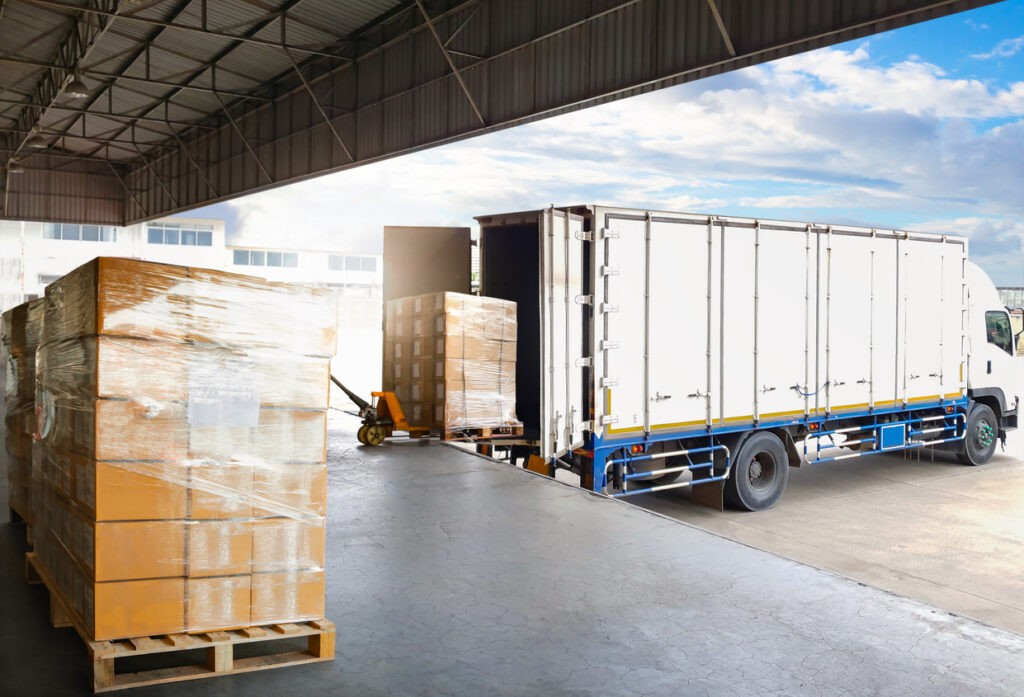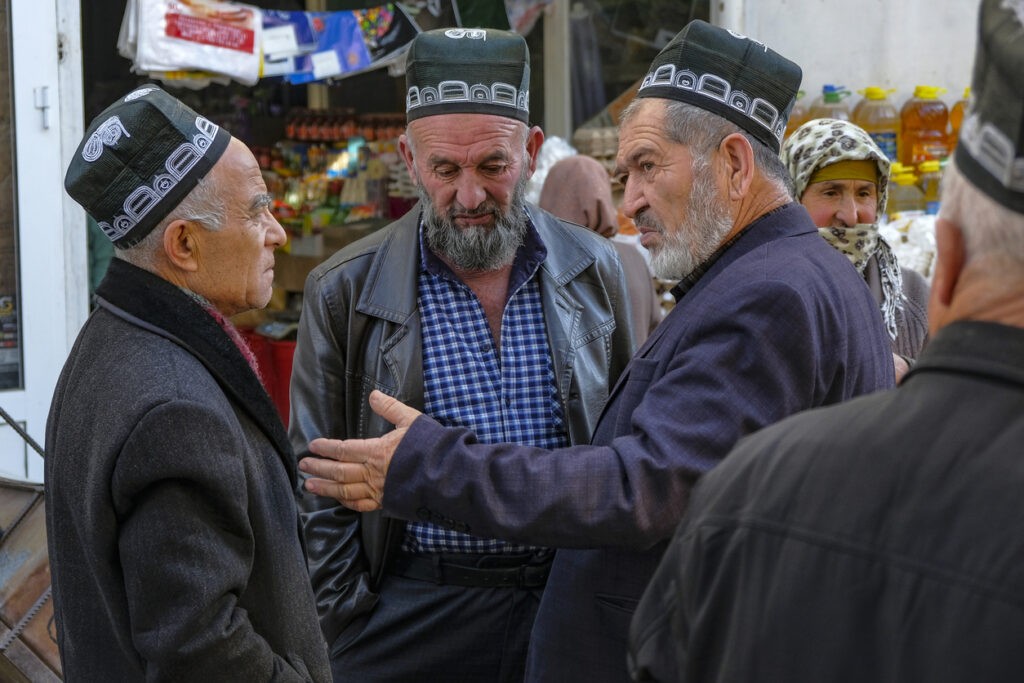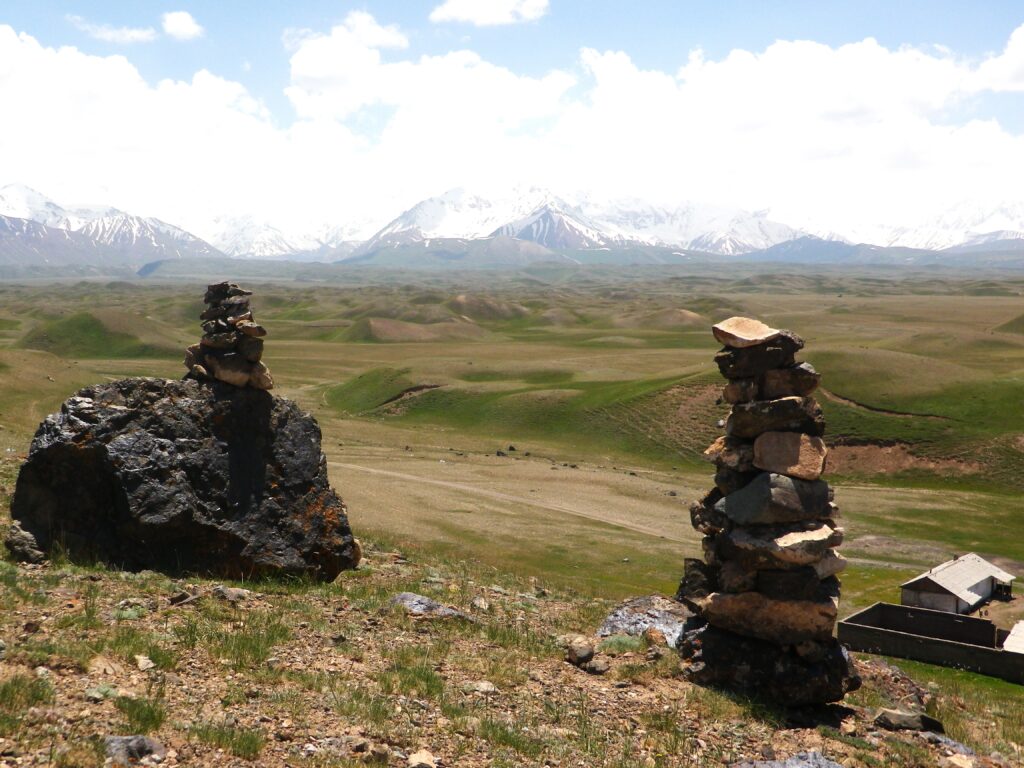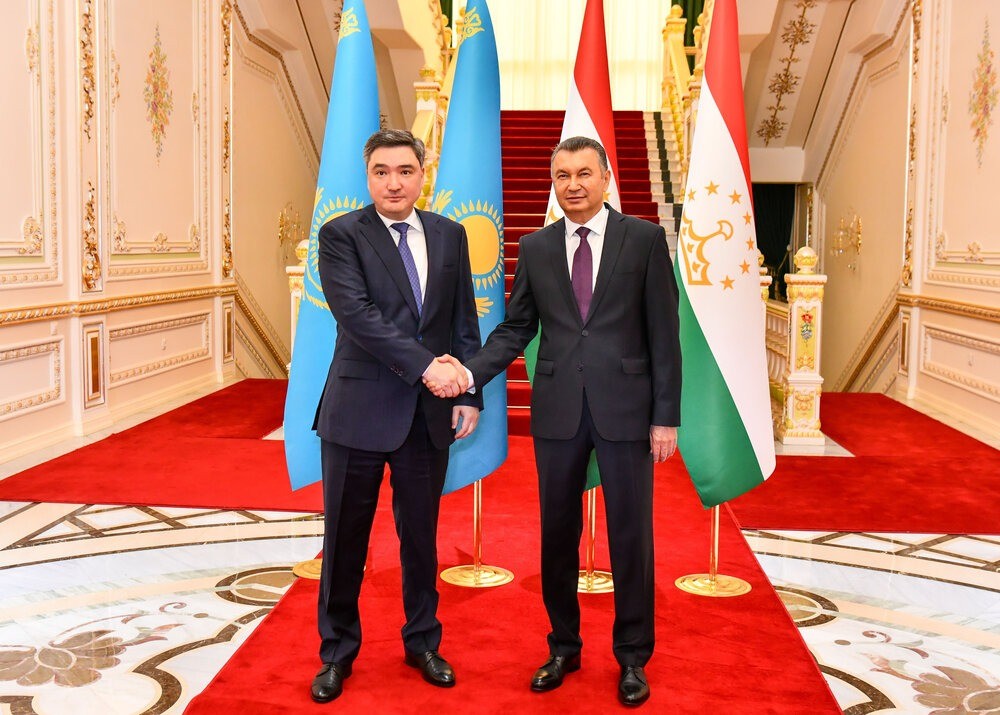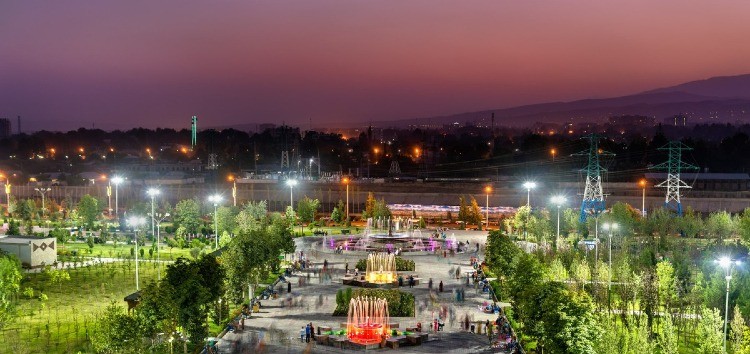Since 2003 Tajikistan has been pursuing a policy of legalization, or declaration to tax and other authorities, of citizens’ income and property. After Tajikistan’s most recent attempts at legalization have been reassuring, parliament has extended the term of the monetary amnesty for one more year — until January 5, 2025.
Over the course of the policy that was set in motion by the law “on amnesty in connection with legalization of assets and money of citizens of the Republic of Tajikistan,” the total amount of legalized, declared money amounted to $540m and 4,000 certificates of property. That data was cited by Firdavs Tolibzoda, chairman of the National Bank of Tajikistan. The authorities have extended the program several times, although it was originally designed to run for a year, and its efficacy means it’s getting yet another extension.
The law provides for voluntary declaration of money and property. Thus, holders are exempt from liability and can avoid paying taxes, fines and interest on those fees and penalties. These conditions, as well as maintaining secrecy of ownership information, are guaranteed by the state.
Only money and property which were not previously listed in official declarations can be legalized. At the same time, the state allows legalization of illegal assets that fall under more than 60 articles of the criminal and administrative code of the republic.

